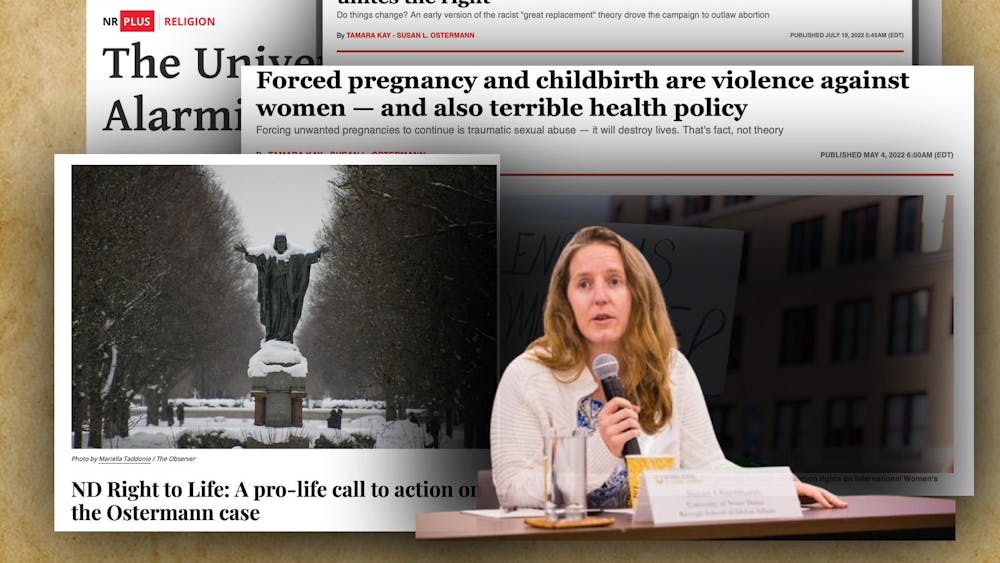Finally, it seems like the world will prevail over the novel coronavirus. Whereas it will be a while before any sense of normalcy in our lives is restored, the rollout of the vaccination campaign in different parts of the world over the past couple of months is a hopeful sign. Yet, even in this apparently remarkable moment, COVID-19 continues on its historic mission of revealing yet again the deep-seated inequalities in our society and the creases in the prevailing social, economic and political order. One such crease, unfolding in the global vaccine production and distribution campaign, is the “anarchy in (capitalist) production” as described by Karl Marx, arguably capitalism’s most formidable foe.
Anarchy in production is essentially an argument about the allocative inefficiency of the market as a mode of economic production and distribution. Marx argued that since capitalists are primarily motivated by profit, resources are directed to where there is the highest return — not necessarily to where there is greatest human need. As a consequence, there is underproduction of essential goods needed by everyone, and where there is sufficient production, they are too expensive to be afforded by the working class itself as well as all people of modest means. In a nutshell, the market is unthinking and left to its own devices. It goes after profit and not human needs.
The ongoing global vaccination production and distribution campaign bears out this critique of capitalism by Marx, as history has done with many of his other predictions. To date, only about 350 millionvaccine doses have been administered so far since the vaccine roll-out process began earlier this year, which represents less than 10% of the world’s population. If this number is to be taken as a proxy for the number of vaccines that have actually been produced, then it is unfortunate. Indeed, it is quite telling that with all the technological advancement the world has made thus far, we are unable to produce enough vaccines for the entire world population, let alone a tenth of it. It is in fact perplexing, even painful, when one considers that in the midst of a pandemic that has claimed the lives of more than two million people in the world, resources were dedicated to space exploration and a trip to Mars and diverted from COVID-19 relief, in a country that has lost more than half a million people to the pandemic. The market prioritizes profit, not life.
Anarchy in production is not just about inefficient allocation of resources in production. It is also about inefficient allocation of scarce resources in distribution. Thus, the anarchy in production has been exacerbated by what has come to be known as “vaccine nationalism,” whereby a few countries have literally attempted to monopolize access to the vaccine for just their citizens and left everyone else on their own. Thus, to date, a third of all vaccine doses administered in the world have been in the United States alone, which has administered more than 100 million doses but whose population represents less than five percent of the world population.
This vaccine nationalism has been enabled by, again, the reliance on the market in vaccine production and distribution. Profit-driven corporations would only produce vaccines if guaranteed handsome returns, as though their businesses would stand if COVID-19 continued to ravage the world population. But reliance on the market has also meant built-in inequity in access to the vaccines as poorer regions and countries of the world got less and later than more “advanced” countries. Thus, to date, through the COVAX facility, rich countries have subsidized the cost of vaccines for poorer countries, enabling 37 countries to receive a total of 28 million doses so far.
Obviously, the logic of vaccine nationalism is distorted. Protecting a small part of the world population while everyone else scrams for scarce few doses is self-defeating because in an interconnected world, the world economy cannot fully recover if a large part of the world population continues under a precarious living courtesy of COVID-19. But such are the consequences of so anarchic a mode of production and distribution as capitalism.
So, on March 14, the 138th anniversary of Karl Marx’s death, his incisive critique of capitalism, inspired less by animosity towards his ideological foes and more by a genuine aspiration for a better human experience, retains its force and fervor. He was right in his analysis of capitalism as being characterized by anarchy in production — such that even in the face of such a ferocious disease, profit continues to take precedence over people, and the result is the inefficient allocation and misallocation of resources.
And this is not your usual market failure that can be remedied by some policy intervention. This is the gloves-off capitalism that is self-contradicting. Marx proposed a planned socialist economy as an alternative to the anarchy of capitalistic production. You don’t need to agree with him to see that he has a point and that a global plan of production, rather than the market, would have been the best approach for ensuring equitable access to the vaccine for the world’s population.
Trevor Lwere is a junior at Notre Dame majoring in economics, with a PPE minor. He hails from Kampala, Uganda and lives off campus. He is a dee-jay in his other life and can be reached at tlwere@nd.edu








